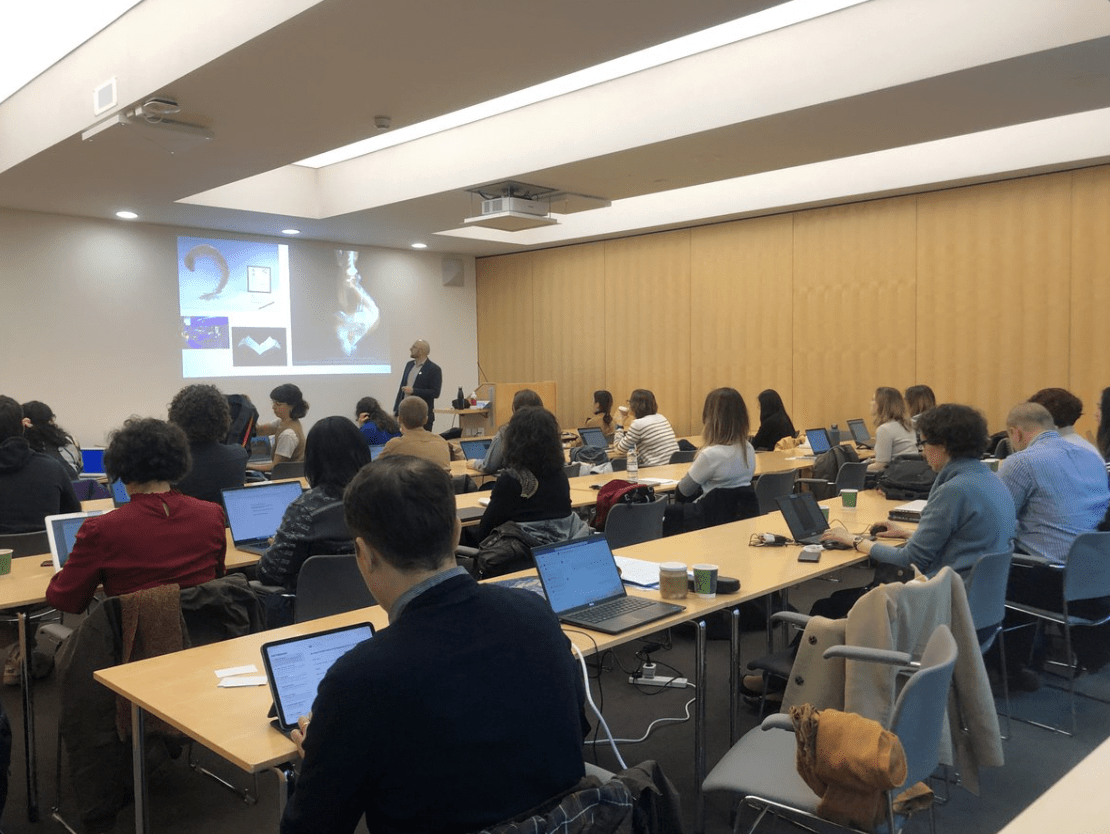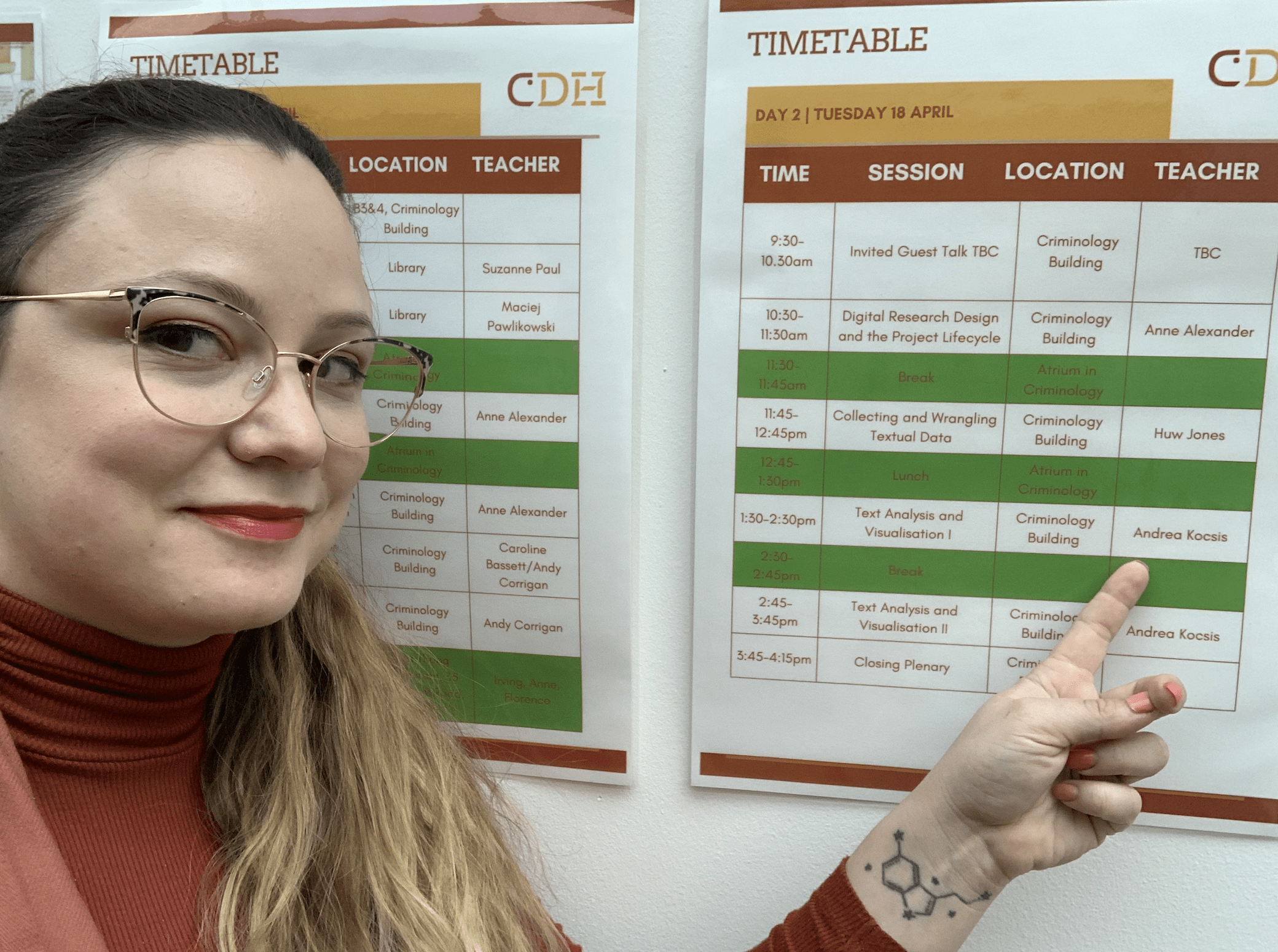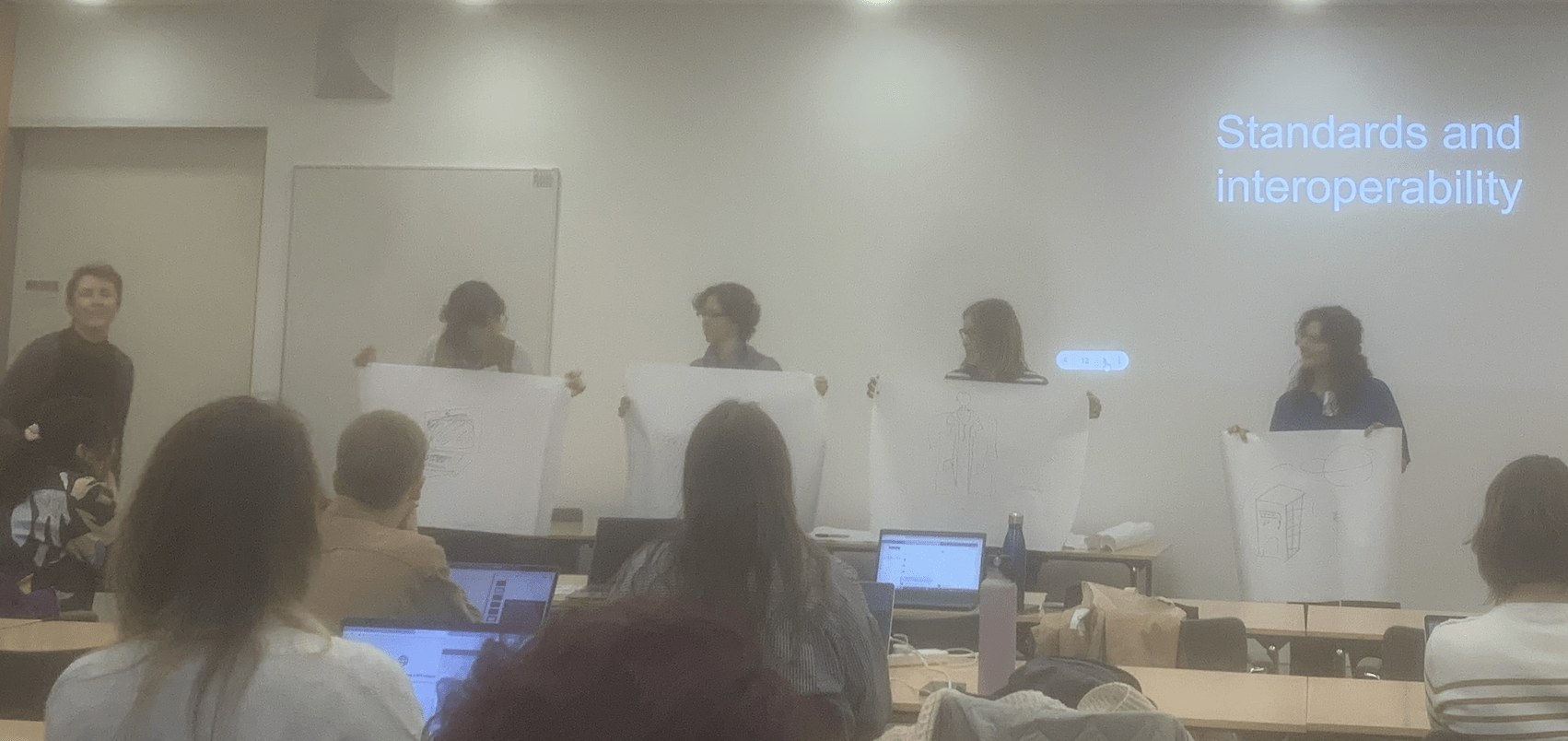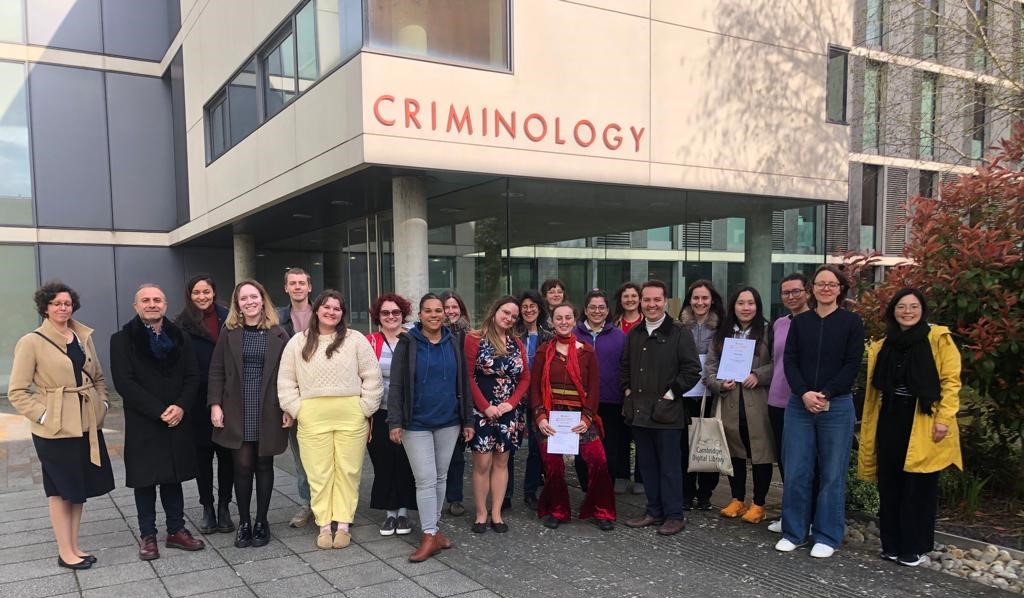How to start Digital Cultural Heritage as a beginner? - Lessons from the Cambridge Cultural Heritage Data School 2023
by Andrea Kocsis on Apr 21, 2023
Ok, this was a wild ride! 23 GLAM professionals and researchers were challenged to set foot in Digital Heritage within two days. Brave people. But what to teach to give them enough guidance to later grow into a fully blossomed Digital Heritage expert instead of wanting to forget the word “data” on the day after?

I was one of the seven teachers leading the ride during Cambridge Cultural Heritage Data School - Short course. It was a brand-new format. Previously, CDH dedicated at least a week to this endeavour, but this time - respecting UCU strikes - the organisers decided to squeeze it. So what to do if you want to clue up enthusiastic beginners about using DH in the heritage sector within a couple of days? We combined theory, hands-on practice, material encounters, real-life projects, and asynchronous learning for success.

Learn from me.
The concepts the workshops covered included Project Design, Collecting and Wrangling GLAM data, Image processing, Text Mining, Text Encoding, Digitisation and 3D models. This way, the learners had a broad overview of various approaches while being able to draw parallels between the underlying shared concepts. We gave a platform for trial and error immediately by involving hands-on tasks accomplishable with pieces of software utilising the learnt workflows without requiring coding skills. These brilliant tools, which gave an instant experience to the learners, included OpenRefine, Orange, Scaniverse, and an in-house developed Image Processing tool, ImageGraph.
Browse the full programme here.

Anne Alexander demonstrating machine vision abstraction with the help of Pictionary and Dr Who. Forgive me for the quality. I broke my phone camera.
These exercises achieved several learning outcomes: demystified algorithmic thinking, eliminated the fear of trying, deepened theoretical knowledge, demonstrated abstract concepts, and provided trophies to take away, such as the 3D model of Antony Gormley’s much-debated Alan Turing statue.
In my own teaching practice, I find it crucial not to limit my exercises to a software manual. The aim is to understand what the programme or method can and cannot answer if adequately interrogated. Collection tours, lightning talks, and project introductions also made sure that there was a light at the end of the DH tunnel.
They got the tour IRL.
The short-term feedback so far is very positive about this intensive group format. One participant said they were not afraid anymore of learning to code, others are already organising working groups to apply the knowledge they gained. As a fun fact, I reunited with a participant with whom I used to work together at The National Archives. See our past digital collaboration here.

Survivors
So what are my recommendations after assisting in the crash course learning process of newbie digital humanists?
- Be open.
- Aim to understand the process but don’t be lost in the details. It is enough to get the hang of it to start.
- Always try to link theory to practice. Where can you apply the concept in your own practice?
- Always try to link practice to theory. What are the benefits and limitations of the method?
- Progressions and regressions are important. Find your level, but challenge yourself.
- Make use of the available resources. There is definitely a tutorial for it.
- Deconstruct projects you wish to replicate. Collect and analyse digital projects, the more, the merrier.
- You don’t have to do it alone. While people can’t practice instead of you, community learners can share the burden.
In my view, these suggestions apply to both learners and educators, even if they look like a snippet from a self-help book, which the If Books Could Kill Podcast would definitely cover.
If you are just starting your DH journey, there are some great online resources to discover. Or, in case you prefer the community learning aspect, there are more CDH Data Schools on the way. Meanwhile:
